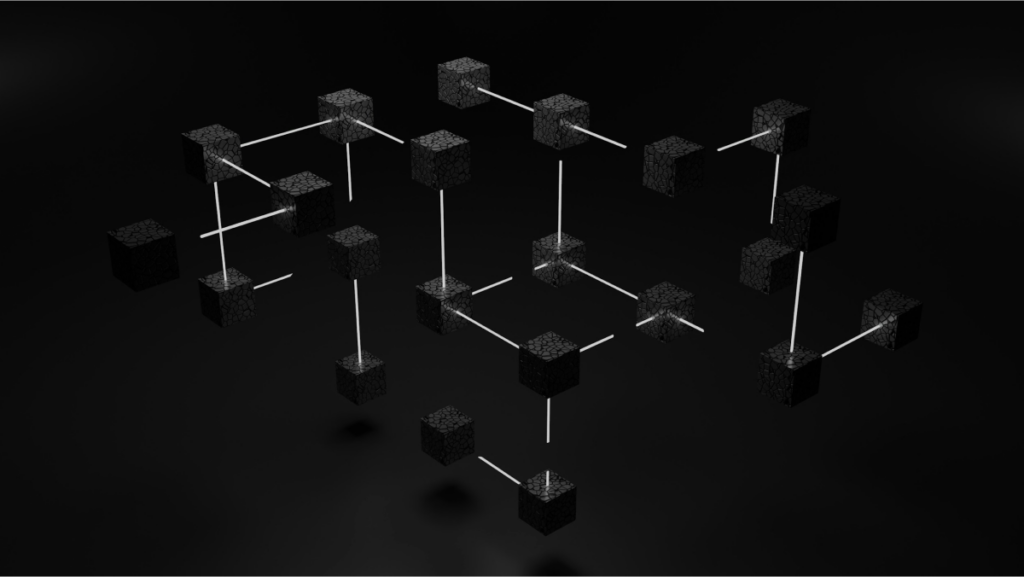
Without a doubt, the two biggest data security developments of the past generation have been next-generation artificial intelligence (AI) and blockchains. Both have already brought businesses and other organizations with critical data security requirements significant benefits, giving them better levels of protection without impeding access or efficiency.
Like all emerging technologies, there remains a lot of confusion about what each of these developments actually does. Artificial intelligence in various forms has been around for decades, but the prediction and classification capabilities of AI have recently been developed to a degree where they might even take over humans in high-level decision-making.
Blockchains, on the other hand, are a far more recent innovation that demand more explanation. These are shared, immutable (i.e. unalterable) decentralized ledgers that facilitate tracking of data access and changes as they happen. This tamper-resistant technology reduces the risk of fraud or manipulation, creating the trust needed for applications like modern cryptocurrencies. Some cryptocurrencies like Monero (XMR) expand on the basic security of blockchains with clever “wallets” for holding coins that contain even more security features, with the best XMR wallet solutions being a prime example.
Today, both AI and blockchain technology are being leveraged to bring a new level of security to blockchain databases of all kinds, and not just cryptocurrencies. Let’s look at how both of these technologies are being employed for security and how they might be used to keep databases safe in the very near future:
1. Better data integrity and transparency with AI-powered blockchain
Blockchains already provide an immutable record of transactions, but AI can enhance trust in these systems through constant, proactive monitoring. AI can take over the role of human auditors and continuously monitor data stored on the blockchain to ensure its accuracy and integrity. Compared to human-driven verification processes, AI verification can be significantly faster and more accurate, making it more suitable for massive data request volumes.
2. AI-driven anomaly detection in blockchain networks
3. Smart contracts with AI automation
Self-executing contracts on a blockchain can be further enhanced with smarter AI, taking over the basic automation scripts that defined earlier smart contracts. AI can be used to trigger contract execution based on complex conditions, including previously difficult-to-pin-down things as customer sentiments and much more. This can significantly speed up everyday processes such as payments, stock purchases, and dispute resolutions without compromising the security of the parties involved.
4. Decentralized Identity Verification
Blockchain’s decentralized identity management can be integrated with AI to make the verification process more efficient and secure. This can be accomplished with biometric or behavioral data for real-time authentication that doesn’t compromise privacy. In the near future, this kind of application may have major implications in areas as varied as healthcare and human resource management.
5. Combining dynamic data encryption with AI
It’s true that blockchain already secures data with encryption, but AI can leveraged to add yet another layer. Current AI allows admins to dynamically adjust encryption algorithms to counter emerging threats, further complicating any attempts to breach databases, particularly through human-focused attacks. Furthermore, AI can predict potential security vulnerabilities as they happen and adapt the most appropriate encryption protocols in response.
6. AI-optimized blockchain network data allocation
Malicious actors are not the only threats to blockchain databases. Very high request volumes can also cause outages that render them slow or unusable. AI can optimize how data is distributed across the network by determining which nodes or participants should access specific pieces of data. This maximizes the use of resources while also shielding the network from slowdowns.
7. Always-timely predictive security analytics
AI has long been used in conventional databases to analyze historical data and predict future security risks. They can do the same for blockchains, analyzing past attack patterns and suggesting preventive measures long before real threats materialize.
8. Automated security threat response
As mentioned above, AI can monitor blockchain environments and detect anomalies in real time. The technology can also be set up to automatically isolate affected nodes, halt compromised transactions, or even shut down parts of the system to prevent further ingress of potential malicious actors.
9. AI-driven data use compliance
Business and government applications often require certain levels of compliance which AI can help facilitate. Specialized AI can ensure that all data accessed and used in a given blockchain database is compliant with relevant privacy regulations, reducing an organization’s legal risks and compliance costs simultaneously.
What’s next for blockchain and AI in databases?
The integration of AI and blockchain technologies will allow for advanced, multilayer security solutions for databases that eliminate the access and redundancy problems of earlier high-security frameworks. In virtually all current and projected use cases, blockchains promise a secure, tamper-resistant foundation for the data while AI actively detects threats and automates security and access processes.
As both technologies continue to evolve, we may see even more novel ways to implement them in existing and future data storage frameworks. With newer technologies like quantum computing expected to hit the mainstream soon, we may even be able to make databases significantly more secure, efficient, and transparent than what is currently possible.



